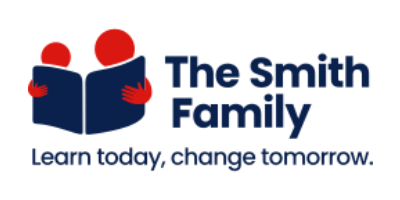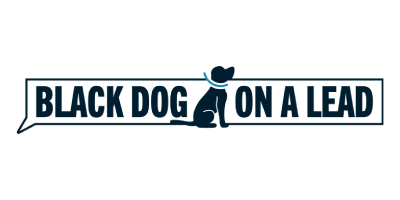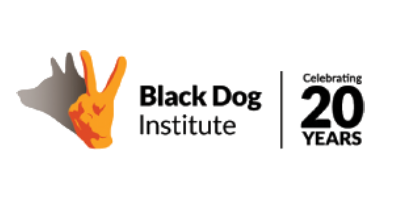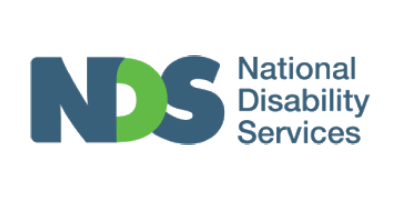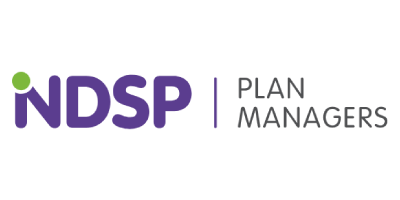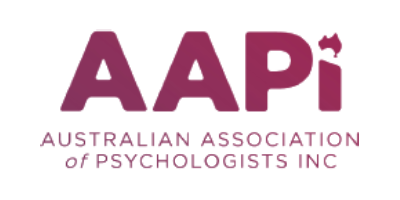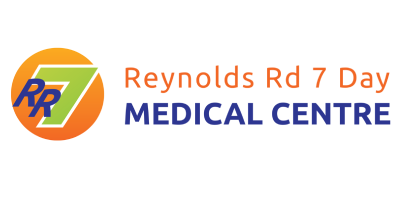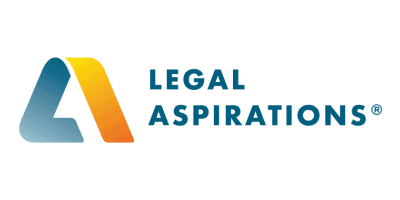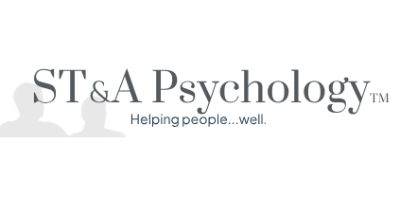Strategies for Managing ADHD in Daily Life
Exploring non-medication strategies for ADHD is important due to various reasons. Firstly, medication may not be suitable for everyone, as individuals may have contraindications or prefer alternative approaches. Additionally, some individuals may experience undesirable side effects from medication. Non-medication strategies offer a holistic approach to managing ADHD symptoms, addressing various aspects such as behavior, lifestyle, and environment. These strategies can include behavioral therapy, cognitive-behavioral techniques, mindfulness practices, exercise, dietary adjustments, organizational strategies, and environmental modifications. Utilising non-medication strategies alongside or instead of medication can provide individuals with a comprehensive toolkit for managing their ADHD symptoms, promoting overall well-being and improving quality of life.
Some of the most common non-medication interventions include computerised cognitive training, mindfulness meditation, and neurofeedback.
1. Computerised cognitive training (CCT) involves using computer programs or apps that specifically target the cognitive deficits associated with ADHD, such as attention, working memory, and impulse control (Westwood et al., 2023). These programs typically involve engaging exercises and activities that help individuals improve their cognitive skills. Research suggests that computerised cognitive training can lead to improvements in attention, academic performance, and executive functions in individuals with ADHD (Westwood, et al., 2023).
2. Mindfulness meditation is another intervention that has gained popularity in recent years for managing ADHD symptoms. Mindfulness involves paying attention to the present moment without judgment, and it can help individuals with ADHD improve their attention and impulse control (Mitchell et al., 2015). Practicing mindfulness meditation regularly can lead to increased self-awareness, reduced stress, and improved emotional regulation (Nowell, et al., 2018).
3. Neurofeedback is a technique that uses real-time displays of brain activity to teach individuals how to self-regulate their brain function (Rabiner & Hamlin, 2023). It involves placing sensors on the scalp to measure brainwave activity, which is then displayed on a computer screen. Through this visual feedback, individuals can learn to modulate their brain activity and improve their attention and self-control (Enriquez-Geppert, et al., 2019). Research suggests that neurofeedback can have positive effects on ADHD symptoms, particularly in the areas of attention and impulsiveness (Rabiner & Hamlin, 2023).
4. There are other options that include ReVibe bracelet or Stay-On-Task apps to help individuals with ADHD increase their awareness that they have “drifted off task” (Nowell, 2017, Nowell, 2020).
- The ReVibe bracelet has been developed as a fusion of behavioural science with technology to help people with ADHD increase their focus and attention with discreet vibrations (https://www.revibetech.com/). The bracelet combines reminder therapy with positive digital rewards and reminders (including texts) while collecting insights such as fidgeting and attention span to adjust the algorithms for a personalised program (https://www.revibetech.com/).
- The StayOnTask is one of many apps that have been developed to assist users that drift off while completing study assignments or projects at work. The app randomly checks in on the user (by chirping) as a reminder to remain task focused (ADDitude Editors, 2020).
In addition to these specific interventions, there are also a variety of practical strategies that can be implemented immediately and at low cost to help manage ADHD symptoms. These strategies include:
- Creating a structured and organised environment
- Breaking tasks into smaller manageable steps
- Using visual aids and reminders
- Implementing regular exercise and physical activity; and,
- Establishing consistent routines and schedules (Drake, 2021)
These strategies can help individuals with ADHD improve their focus, organisation, and time management skills.
Overall, understanding and implementing non-medication interventions for ADHD can be beneficial in managing symptoms and improving overall functioning. Computerised cognitive training, mindfulness meditation, neurofeedback, and practical strategies can all contribute to a comprehensive approach to ADHD management. It is important to work with healthcare professionals and educators to determine the most appropriate interventions for each individual with ADHD, taking into account their unique needs and preferences.
References:
ADDitude Editors. (2020, February 20). 14 Mobile Apps That Could Save Your Butt. ADDitude. Retrieved from https://www.additudemag.com/reviews/slideshow/adhd-apps-we-love-15-downloads-to-improve-productivity/.
Enriquez-Geppert S, Smit D, Pimenta MG, Arns M. Neurofeedback as a Treatment Intervention in ADHD: Current Evidence and Practice. Curr Psychiatry Rep. 2019 May 28;21(6):46. doi: 10.1007/s11920-019-1021-4. PMID: 31139966; PMCID: PMC6538574.
Nowell, D. Ph.D. (2017). Changing the ADHD brain: Moving beyond Medication. PESI Australia. Retrieved from
Rabiner, D. Ph.D., & Hamlin, E. Ph.D. (2023, August 10). Can neurofeedback effectively treat ADHD? ADDitude. Retrieved from https://www.additudemag.com/neurofeedback-therapy-treat-adhd/.
Revibe Technologies. (2021). Introducing the future of ADHD treatment: Digital Therapy for the Treatment of Attention and Focus in ADHD. Retrieved from https://www.revibetech.com/
Westwood, S.J., Parlatini, V., Rubia, K. et al. Computerized cognitive training in attention-deficit/hyperactivity disorder (ADHD): a meta-analysis of randomized controlled trials with blinded and objective outcomes. Mol Psychiatry 28, 1402–1414 (2023). https://doi.org/10.1038/s41380-023-02000-7
If you would like to know more about the process for ADHD assessment with our team ADHD Assessment Process can be found here.
Aresolution Community Partners
Our couch, Your private space
Our private and warmly appointed rooms provide the perfect space for you to begin your journey of self-development. We are located near Applecross Village with a private rear entry, upstairs at the back of the building. You can also book Online Therapy sessions.
Book Online
Make and manage your appointments online, our diary portal makes it easy.



